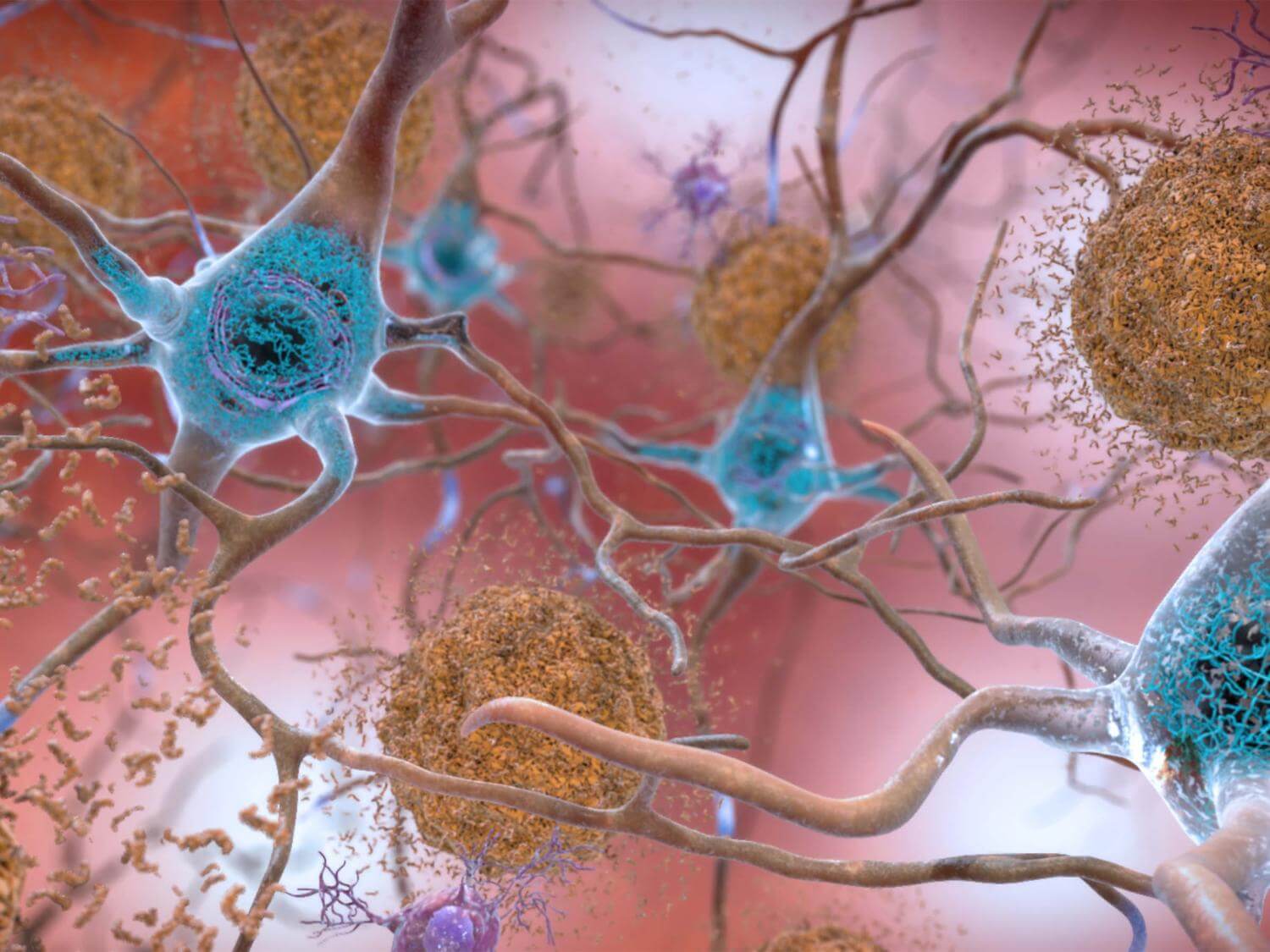ABERDEEN, Scotland — Researchers have developed a groundbreaking drug to curb the progression of Alzheimer’s disease – the first significant breakthrough in two decades. According to TauRx, a life sciences company based in Scotland, it is awaiting approval to become the first preventive treatment for this degenerative brain disease.
This new medication tackles the “underlying pathology” of Alzheimer’s, with researchers saying the drug could potentially halt memory loss by addressing the accumulation of proteins and slowing the deterioration of brain function in Alzheimer’s patients. Due to the aging population, estimates project that nearly 13 million Americans will likely develop Alzheimer’s by 2050. The disease’s causes remain largely unclear, and previous medications have predominantly targeted symptom relief instead of prevention.
The results of TauRx’s late-stage clinical trial, LUCIDITY, indicate that the new experimental drug leads to sustained cognitive improvement at an early, clinically detectable stage of Alzheimer’s, offering patients the potential for improved brain function. TauRx is now pursuing regulatory submissions in the U.K., U.S., and Canada in preparation for market release.
Dr. Sonya Miller, the Head of Medical Affairs at TauRx, says that the new drug aims to enhance patients’ quality of life.
“It’s been a 20 year process since the last medications were actually approved and they were symptomatic – they didn’t attack the disease pathology itself, they just gave slight symptomatic relief, Miller explains in a statement, according to SWNS.
“There is a coming raft of oral medicine, including ours, which are disease-modifying, and the minute you produce a tablet, you increase the reach of the drug. They’re easy to store, easy to administer and everyone understands the treatment. People feel comfortable with it.”
Being disease-modifying implies that the drug can tackle the disease’s underlying pathology, Dr. Miller explains. The tau protein, a key pathology of Alzheimer’s disease, is the target.
“We stop the accumulation, the re-accumulation of this protein that causes problems. That’s the simple explanation,” the doctor says. “So, if you can disease modify, you can stop a disease progressing, so you retain someone at the level they’re at and you stop that potential progression, or further loss of function.”
Scroll down to see 7 healthy habits that help prevent Alzheimer’s

Professor Claude Wischik, co-founder and executive chairman of TauRx, along with colleagues at the University of Aberdeen, have dedicated nearly 30 years to researching the structure and role of “tau tangles” in the onset of Alzheimer’s, frontotemporal dementia (FTD), and other neurodegenerative diseases.
These “tangles” are abnormal proteins, termed tau, which impede the brain function in Alzheimer’s patients. Prof. Wischik and researchers from the University of Aberdeen were the first to discover the composition of the tau protein pathology in Alzheimer’s.
The experimental compound used in the clinical trials belongs to a class of drugs known as Tau Aggregation Inhibitors. According to TauRx, the drug’s purpose is to “untangle the knots causing dementia, with the aim of slowing and potentially stopping memory loss.”
“Our long-term aim, once we have got it out into the population, is to say ‘this works across everybody’, that we can stop the progression, then you can look at introducing it at an earlier stage,” Dr. Miller concludes.
“So, it becomes prophylactic. You can say to patients you won’t ever reach this point of disease progression. You won’t lose that function. You do screening with diagnostic tests and blood biomarkers. That’s the ultimate aim – that you stop people ever getting to the point of having impairment. This disease is incredibly complex, and it affects anyone and everyone, it’s not in isolation.”
7 healthy habits that lower Alzheimer’s risk
While scientists work on new drugs to help those displaying symptoms or at a high-risk for Alzheimer’s disease, there are a number of drug-free steps you can take to lower your chances of developing Alzheimer’s in the first place.
- Being active
- Eating better
- Losing weight
- Not smoking
- Maintaining healthy blood pressure
- Controlling cholesterol
- Reducing blood sugar
“These healthy habits in the Life’s Simple 7 have been linked to a lower risk of dementia overall,” Professor Adrienne Tin from the University of Mississippi says in a statement. “But it is uncertain whether the same applies to people with a high genetic risk.”
“The good news is even for people who are at the highest genetic risk, living by this same healthier lifestyle are likely to have a lower risk of dementia,” Prof. Tin adds.
Recent research has also added an eighth step to this list, which scientists say improves both heart and brain health. That healthy habit is getting good quality sleep.
South West News Service writer Joseph Anderson contributed to this report.


This is AWESOME NEWS!!! I have a brother in law in Texas with the onset of Alzheimer’s. Are doctors across the nation aware of this? When will drug be made available & approved by the FDA?
That’s wonderful news. My grandmother was diagnosed with this horrible disease at 59 and died at 70. It was painful to watch her waste away. Please don’t tell anyone you might lose weight on this drug. Diabetes patients can’t even get their medicine anymore for people who want to lose a few pounds. Just eat less and exercise and you will lose weight.